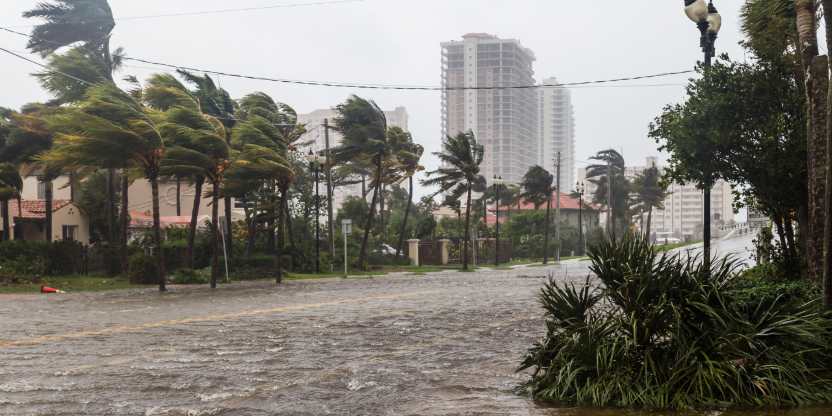- by foxnews
- 18 Mar 2025
The US tourism sector faces challenges after back-to-back hurricanes: Here's why you need to know
The U.S. tourism sector is working to recover following the damage caused by a series of back-to-back hurricanes, particularly in coastal regions like Florida and the Gulf Coast.
- by travelandtourworld
- 23 Oct 2024
- in travel

The U.S. tourism sector is working to recover following the damage caused by a series of back-to-back hurricanes, particularly in coastal regions like Florida and the Gulf Coast.
These natural disasters have heavily impacted the sector, which was already recovering from the effects of the COVID-19 pandemic.
Beaches, resorts, and key tourism infrastructure have faced extensive damage, disrupting travel plans and reducing visitor numbers.
According to the U.S. Economic Development Administration (EDA), funding through programs like the American Rescue Plan has been essential in helping local tourism economies rebuild.
The EDA has invested $750 million into travel, tourism, and outdoor recreation programs to assist communities hardest hit by these challenges.
Tourism remains a critical component of the U.S. economy, with the Department of Commerce emphasizing the need for resilience in the sector.
While recovery efforts are ongoing, it is clear that the road ahead will be challenging, especially as communities work to balance short-term rebuilding with long-term sustainability goals.
However, with federal support and strong collaboration between public and private sectors, the U.S. tourism industry is expected to gradually regain its footing and continue its vital role in the national economy.
- by foxnews
- descember 09, 2016
Travelers can hunt for million-year-old fossils and more valuable treasures in these spots
Travelers can dig up 66-million-year-old dinosaur fossils in New Jersey or mine for diamonds at an Arizona state park. See more U.S. locations where you can hunt for treasures.
read more




